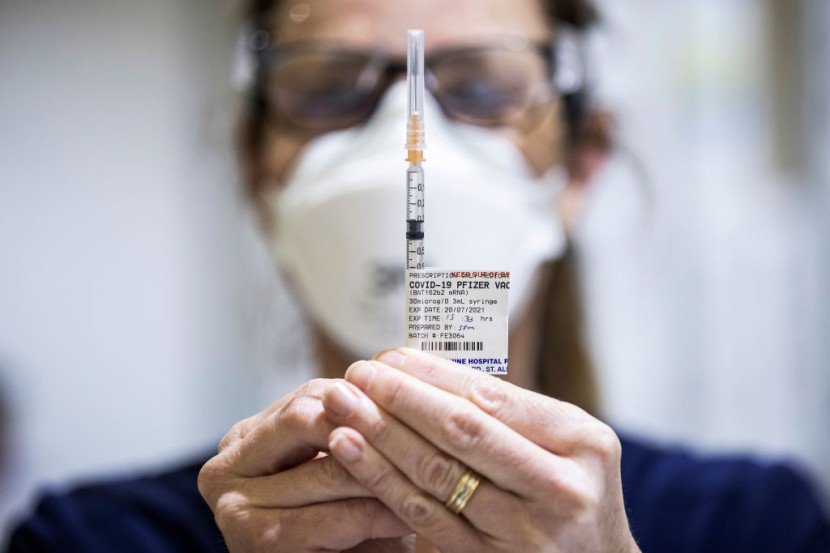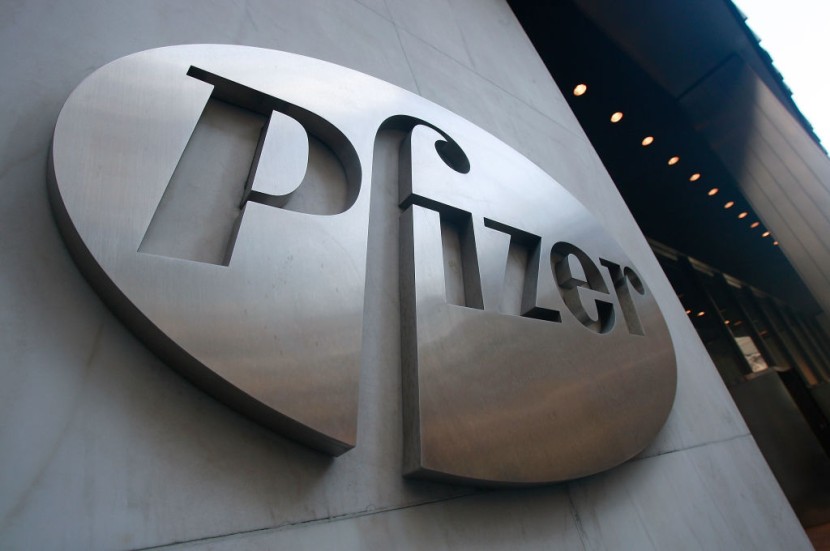The Centers for Disease Control and Prevention (CDC) recommended Pfizer's maternal vaccine for RSV.
If this vaccine gets approved, the CDC expects it to protect infants from the deadly RSV (respiratory syncytial virus).
CDC Recommends Pfizer's Maternal Vaccine for RSV

According to CNBC's latest report, the CDC's recommendation for Pfizer's maternal RSV vaccine states that mothers 32 to 36 into their pregnancy should receive the shot from September until January 2024.
Reuters reported that a panel of CDC advisers voted 11 to 1 for using Pfizer's maternal vaccine for RSV, giving the medicine a chance to become the first maternal vaccine in the U.S. specifically for the seasonal respiratory virus.
The health agency said that getting the vaccine could protect their infants from RSV, considered the leading cause of hospitalizations among babies in the United States.
CDC Director Mandy Cohen, one of the advisers who signed off on the recommendation, explained how important Pfizer's RSV maternal vaccine is.
"This is another new tool we can use this fall and winter to help protect lives," she said.
Cohen encouraged parents to cooperate with their doctors to protect their babies against the RSV illness. She added that pregnant women can get a vaccine during their pregnancy or an RSV immunization for their infants after giving birth.
Dr. Katherine Poehling, a CDC advisory panel member, explained how hard it is to combat RSV.
"RSV throughout my career has been a difficult disease with just supportive care treatment because there have been no options so today is an exciting day," said Poehling.
Read Also : Free At-Home COVID-19 Tests: Biden-Harris Admin To Restart Manufacturing with $600 Million Funding
Pfizer's RSV Maternal Vaccine

Pfizer's RSV maternal vaccine is already approved across the United States and available for adults 60 years old and above. The latest recommendation from the CDC comes since RSV and other kinds of respiratory disease spread across the United States at higher levels.
Health officials said that Pfizer's vaccine and similar treatments could help the American nation combat these respiratory illnesses during the fall and winter. This respiratory illness can cause mild, cold-like symptoms for those unfamiliar with RSV. Younger and older individuals are mostly the ones at risk of getting it.
The American Lung Association stated that RSV affects around 97% of babies ages two. Although this disease's symptoms are usually not severe, there are some instances when RSV can be life-threatening to infants and adults.
© 2026 HNGN, All rights reserved. Do not reproduce without permission.








